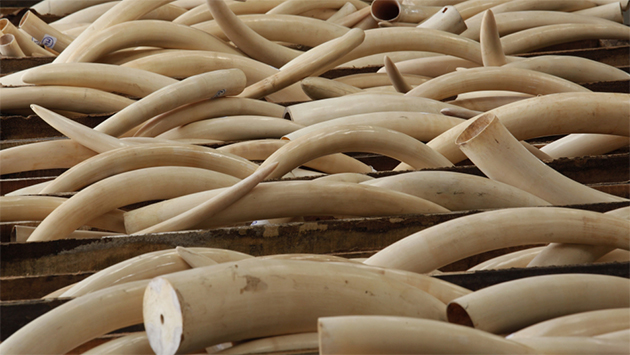Education model 5.0 yields dividends

Leonard Ncube, Victoria Falls Reporter
The 5.0 education model adopted by the Government for institutions of higher learning to enable them to churn out graduates who are job creators as opposed to job seekers is already paying dividends.
The graduates from the country’s universities and colleges are leaving the institutions empowered and capacitated to start businesses as opposed to seeking employment.
The institutions of higher learning have heeded President Mnangagwa’s call for them to take a leading role in innovation and technology development to drive the country towards Vision 2030 of an empowered upper middle-income economy as evidenced by start-up business models coming out of these institutions.

President Mnangagwa
Education 5.0 is anchored on teaching, research, community services, innovation and industrialisation. Government directed institutions of higher learning across the country to set-up innovation hubs to promote heritage-based Education 5.0 that is key to the country’s industrialisation and modernisation. Yesterday a news crew witnessed some innovations by some tertiary institutions at the 4th African Youth Forum organised by the Association of Technical Universities and Polytechnic in Africa (ATUPA) in Victoria Falls.
The prototypes were on healthcare, information technologies, transportation, infrastructure development and education.
The innovations on display included a bio-fuel production machine, patient health monitor, diabetes health checking machine, poultry abattoir, a specialised transport for the chicken industry and solar powered water pump as youths strive to come up with solutions to problems in their communities. The youths showcased the projects at the Start-Up Africa competition that is being run as part of the youth forum.
The inventions were produced by students from Harare, Masvingo and Mutare Polytechnics and others from abroad, who have already registered companies through their Innovation Hubs and are expected to contribute to national economic development.
Chemical engineering students at Harare Polytechnic, Kudzai Mbidzo, Vanessa Muringani and Irvine Kureya, started IDK Technologies to produce bio-cooking gel as an alternative energy source at a time when the country is facing challenges with electricity, cost of gas and deforestation from use of wood energy.
They use biological resources with the invasive water hyacinth as one of the raw materials and target to produce 4 000 litres of bio-oil per week.
“We believe in promoting sustainable solutions and we realised that many water sources have been invaded by the water hyacinth which we have decided to turn into an opportunity,” said Kudzai Mbidzo.
The concept uses bio cooking gel that is made from local resources like fermenting the water hyacinth and value adding it to produce an odourless flame.
From Masvingo Polytechnic Blessing Mwashusha and Christopher Munangarwa came up with a Mas Vegas Poultry Abattoir concept where they intend to buy, slaughter and export 1 000 chicken per day tapping into huge demand for chicken on the continent. They target small-scale chicken growers in the country.
Mutare Polytechnic Civil and Construction students Kelly Mavhudzi, Blessing Vito and Ebenezer Mapira produced a solar powered water treatment prototype which they envisage will solve the country’s challenge of lack of clean water in line with national water and sanitation programmes.
The concept uses activated carbon filter where dirty water is filtered and purified for drinking with an additional use of chemicals like chlorine.
The model is expected to prevent diseases such as cholera and diarrhoea that are affecting urban areas, improve sanitation and health.
Kelly Mavhudzi said their target market is the industry, hotels, farms and the rural citizenry in general, with cities like Bulawayo and Harare targeted mostly. A group of transport and logistics management students from Harare Polytechnic have invented a logistics solution for transportation of day-old chicks which they said would reduce mortality rate and improve production in the poultry industry.
They formed Specialised Chicks Carriers, a company they said would provide solutions for sustainable movement of chicks targeting small producers.
Janet Kamene and Immaculate Katete who are training in information communication technologies at Kabete National Polytechnic in Kenya produced a device to monitor patients health in response to challenges caused by Covid-19.
The competition was introduced by Start-Up Africa, an organisation based in the United States of America and Kenya aimed at championing youth employment and creating formal jobs through teaching entrepreneurship skills.
Start-up founder Mr Erastus Mongare said the idea is to use Technical Vocational Training to help youths transform their respective countries and the continent at large through innovation and technology development. “We target TVET students and this year we brought the programme to Zimbabwe. Our hope is that these students’ projects will turn into start-ups and contribute to the growth of their national economies,” he said.
The start-ups programme dovetails with the country’s aspirations for an upper middle-income society through implementation of National Development Strategy 1 which focuses on human capital development, increasing youth participation in development and decision-making processes as well as sustainable natural resources utilisation. – @ncubeleon












Comments